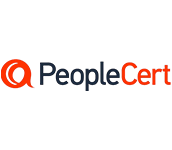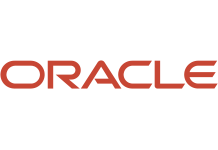- 087 941 5764
- impactful@lrmg.co.za


This course teaches developers how to create end-to-end solutions in Microsoft Azure. Students will learn how to implement Azure compute solutions, create Azure Functions, implement and manage web apps, develop solutions utilizing Azure storage, implement authentication and authorization, and secure their solutions by using KeyVault and Managed Identities.
Students will also learn how to connect to and consume Azure services and thirdparty services, and include event- and message-based models in their solutions. The course also covers monitoring, troubleshooting, and optimizing Azure solutions.
Our courses have flexible delivery options:
This course is intended for:
Students in this course are interested in Azure development or in passing the Microsoft Azure Developer Associate certification exam.
To be successful in this course, learners should have the following:
Need additional information?
We are here to support your growth every step of the way
Get in touch
This course teaches developers how to create end-to-end solutions in Microsoft Azure. Students will learn how to implement Azure compute solutions, create Azure Functions, implement and manage web apps, develop solutions utilizing Azure storage, implement authentication and authorization, and secure their solutions by using KeyVault and Managed Identities.
Students will also learn how to connect to and consume Azure services and thirdparty services, and include event- and message-based models in their solutions. The course also covers monitoring, troubleshooting, and optimizing Azure solutions.
Our courses have flexible delivery options:
This course is intended for:
Students in this course are interested in Azure development or in passing the Microsoft Azure Developer Associate certification exam.
To be successful in this course, learners should have the following:
Certified global best practices in the new technologies…




Please complete the form with your information and one of our experts will get back to you soon.

Get in touch
Email: impactful@lrmg.co.za
Tel: +27 87 941 5764